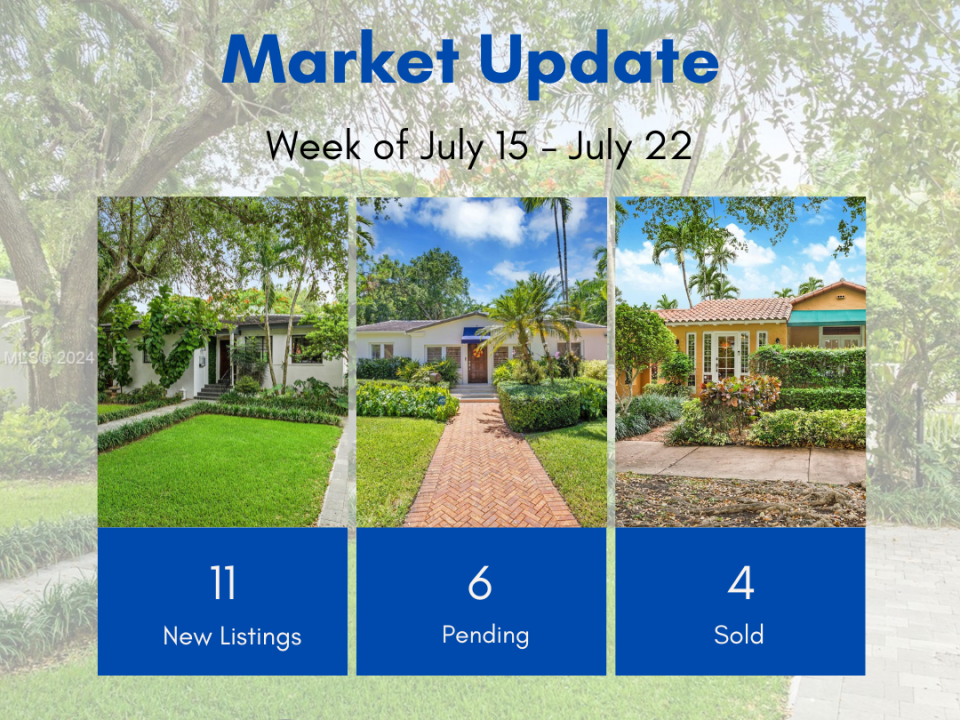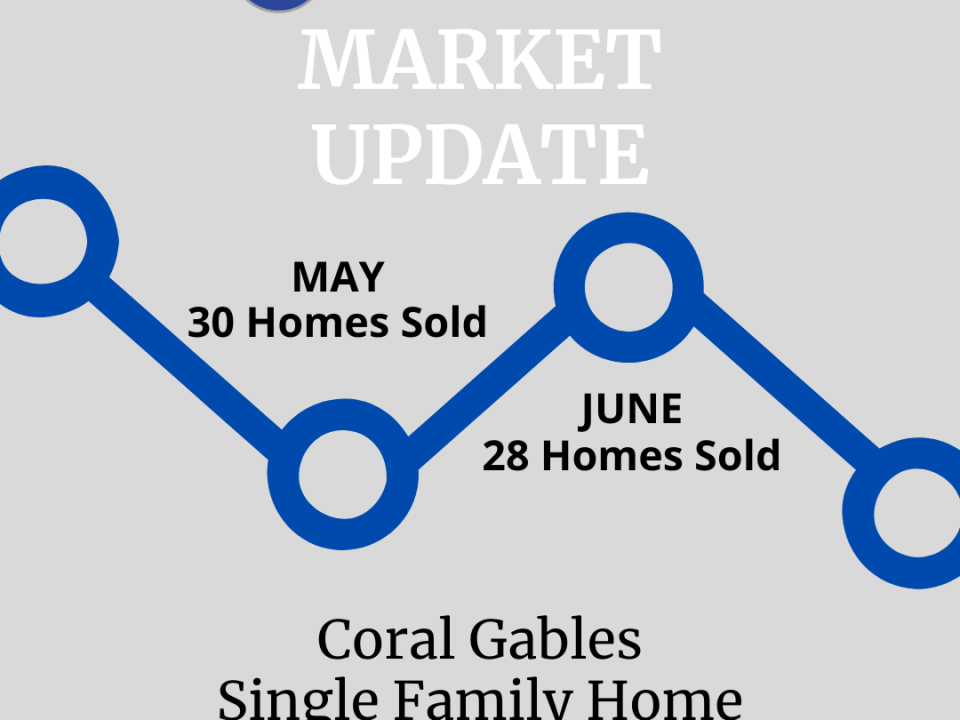
If you are thinking of buying a house, you are thinking numbers. What can I afford? Down payment? Interest rate? All of these numbers are important, but your FICO score is one number that can have a significant impact on all of these factors. Your down payment, interest rate and more will be determined, in large part, by this three-digit number that’s generated from the information within your credit report.
Many of you are familiar with these common tips to improve or maintain your FICO score:
- Payment history. Make loan payments on time and for the correct amount
- Frequency of applications for new credit. Do you allow Best Buy, Victoria’s Secret and other stores to check your credit for 10% off of your purchase? Next time, think again. It could cost you more in the long run as these credit check reduce your score by a few points each time.
- Never ignore overdue bills. If you encounter any problems repaying your debt, call your creditor to make repayment arrangements. If you tell them you are having difficulty, they may be flexible.
- Keep outstanding debt low. Continually going over your credit limit or coming close to it will drop your score.
Here are some not so known tips for improving and maintaining a good FICO score:
- Approximately 35% of your credit score is based on past debts that are over 30 days late. If for some reason you are going to be late on a payment, do not let it slip past 30 days late.
- Time/ length of credit history
- Credit is not built overnight. It’s better to provide creditors with a longer historical time. A longer history of good credit is favored over a short period.
- Canceling credit cards can actually hurt your credit score, particularly if they are an old and established part of your credit history. Even if you no longer use a card that is ten or twenty years old, in most cases it is better to simply shred it since 15% of your score is based on the length of your history.
- Credit type mix. Do you just have credit cards? Or do you have credit cards, an auto loan and a mortgage loan?
- No Credit. While not taking on any debt and paying for everything with cash seems like a logical choice for individuals who can afford this lifestyle, no credit means bad credit in the eyes of lenders. There is bound to be a time when you cannot buy something with cash, such as purchasing your first house, so make the effort to open at least three to four accounts and make purchases with the credit card occasionally.
This blog has been provided by Union Mortgage Investment Group
6705 Red Road Suite 508 Coral Gables, FL 33143
305.598.9896 (Office)





